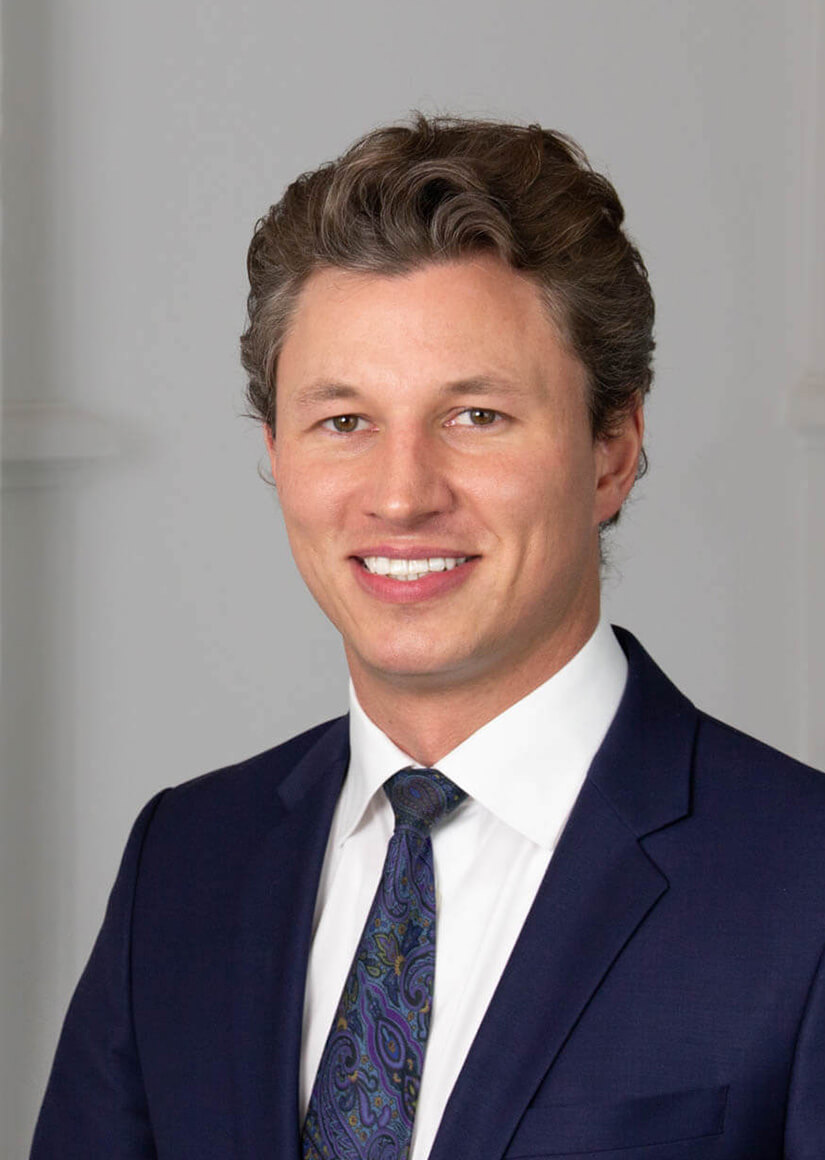The issue of security of supply in the electricity and gas sector is currently a particular focus of energy industry and public debate. The increased expansion of renewable energies (RE) and the associated volatile (weather dependent) RE generation has so far been primarily compensated by fossil power plants. Due to the coal or nuclear phase-out, a large part of this dispatchable capacity will be eliminated in the future. This already aggravates the situation again in the winter 23/24, as, among other things, the stretched operation of nuclear power plants ends. Other drivers, such as the current gas shortage situation, the influence of low water (lack of snow melt) make it necessary to review and evaluate the security of supply for the winter 22/23 with regard to the winter 23/24. Therefore, the question for the state of Bavaria is how security of supply in the electricity and gas sector can be maintained in the short term. This will be evaluated in another stress test of the four German TSOs for the winter 2023/2024. This project therefore analyses and evaluates the drivers of supply security with regard to the winter 23/24, focusing on southern Germany and Bavaria.
The first step is to describe and analyse the current drivers and influencing factors on the security of supply (for electricity & gas sector). In the second step, these will be examined for their relevance for the winter 23/24. Based on this, their influence or expression on the supply situation in the winter 2023/24 is evaluated in relation to the assessment of the stress test 22/23 (deterioration, improvement, business as usual). Finally, conclusions are drawn on the forecast of supply security in southern Germany, recommendations for action are derived for the short-, medium- and long-term time horizon and possible risks are outlined.
The drivers of supply security for southern Germany and Bavaria are listed and evaluated with regard to supply security in the winter of 2023/2024. This is placed in relation to the results of the 2022/2023 stress test. In addition, corresponding recommendations for action are derived.

